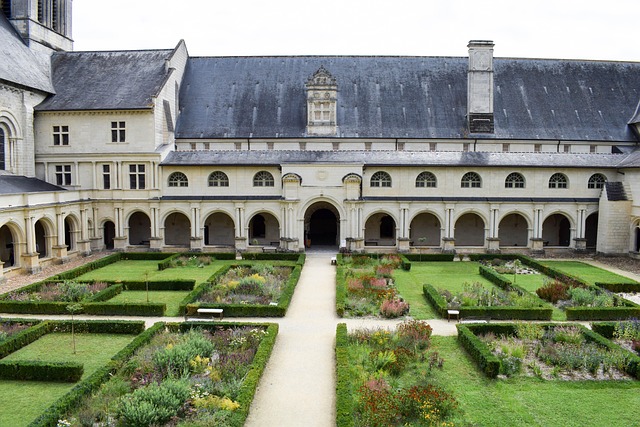Understanding Knowledge Beyond Certainty
In a world where science strives for objectivity and modern philosophy seeks truth, Richard Rorty‘s brand of pragmatism offers a refreshing departure from traditional views. With disarming clarity, Rorty challenges our need for certainty and foundationalism, inviting us instead to consider knowledge as a tool—one constantly evolving and forever embedded in our cultural and social practices.
When Science Meets Contingency
Science has long been revered as the pursuit of objective truth. But Rorty disrupts this ideal by arguing that our scientific theories are not mirror-like reflections of reality. Rather, they are useful instruments that help us cope and navigate our environment. From Darwin’s evolutionary theory to Einstein’s relativity, the power of science lies not in its supposed objectivity, but in its practical applicability. To view scientific progress as aligned with cultural shifts and human needs is a perspective that comes alive under Rorty’s philosophical gaze.
This doesn’t diminish the achievements of science. On the contrary, it celebrates the ingenuity of the human mind. For those who find solace in the concrete, however, Rorty’s take might feel unsettling. There is no ultimate vocabulary, no final answer—only a continuous process of reinterpretation and adjustment.
Redefining Philosophy’s Role
In Rorty’s philosophy, the ambitions of traditional metaphysics are gently set aside. He argues that philosophy shouldn’t aim to discover eternal truths but should rather engage in a conversation—a dialogue that helps societies cope with changing landscapes of knowledge and values. Modern philosophy, under this view, becomes less about uncovering and more about creating, imagining, and redescribing the world in ways that are useful to us.
Here, philosophy takes on a poetic role. Thinkers are no longer seekers of a hidden reality but creators of compelling narratives that guide us in our cultural evolution. Rorty likens philosophers to novelists who reshape our self-understanding through imagination instead of evidence.
The Emotional Terrain of Pragmatism
Rorty’s pragmatism doesn’t offer comforting absolutes. It encourages a vulnerability that we rarely associate with intellectual pursuits—a willingness to abandon certainty in favor of solidarity, and utility over dogma. There’s a kind of emotional reckoning here, a confrontation with the awkward truth that our most cherished beliefs are contingent, mutable, and human-made.
But there is also beauty in that contingency. It tells us that multiple perspectives can coexist, and our understanding of the world is never complete. It gives us the freedom to reinvent, to adapt, and to progress. This is the emotional pulse at the heart of Richard Rorty’s pragmatism—a pulse that invites us to embrace fluidity over rigidity, and community over consensus.




